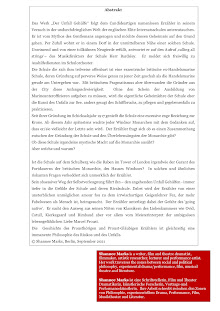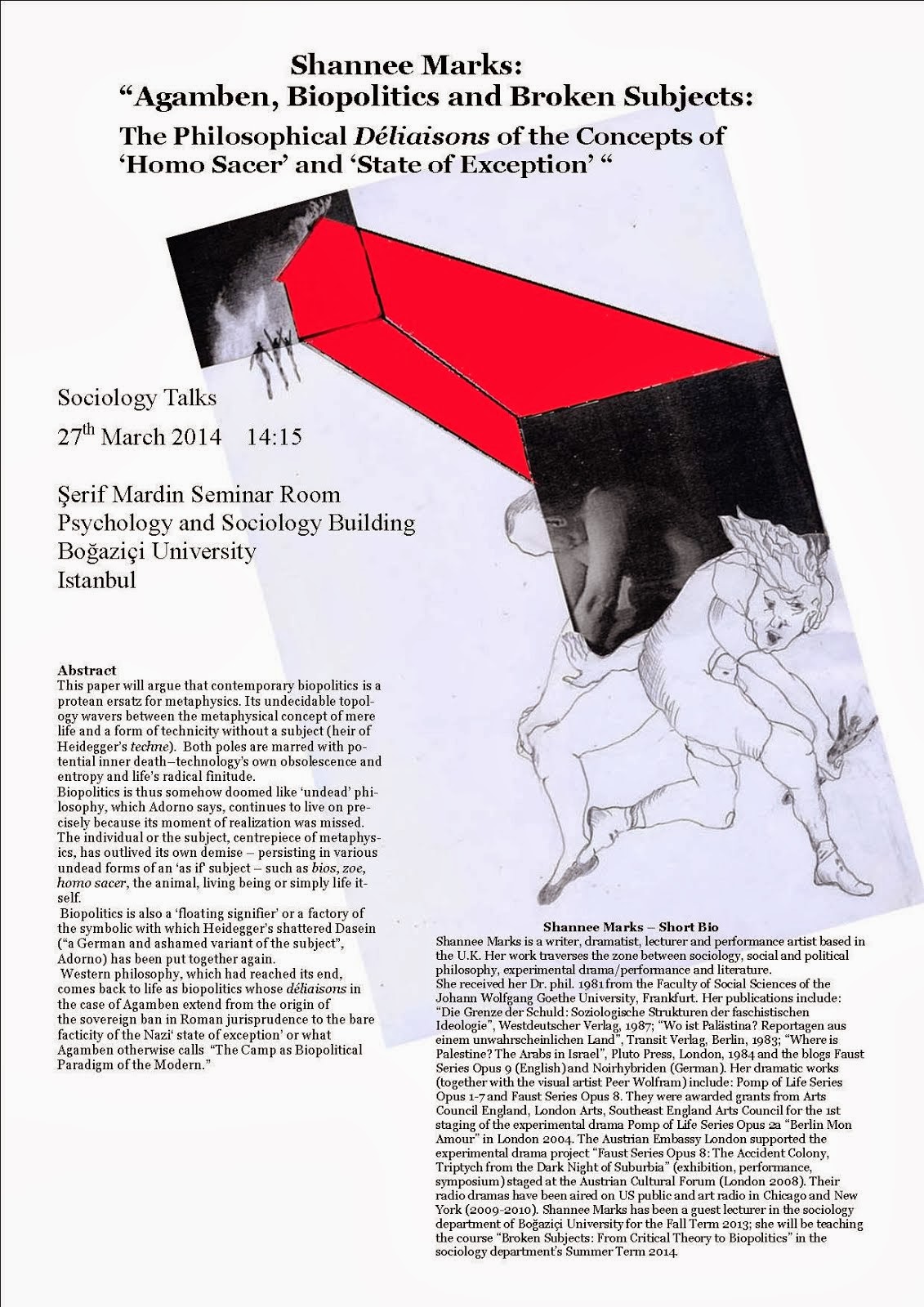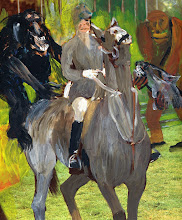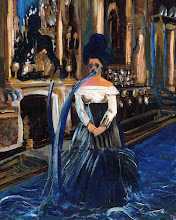1. Great Works
Krishna speaks of three worlds like the Zohar (Kabbalah). The wise ones are also those who hold the world together. They keep the circle of sacrifice-action-nourishment rolling. Sacrifice is negative supply. In the economy of sacrifice, what one does not have is an asset. Dostoyevsky accumulated many such sacrifice assets during his prison days, but only with the help of an aloof brother who did not write him during his four years of hard labor in the Siberian 'katorga' camp and ignored his repeated demands for money and petitions. His brother was an agent of the gods of sacrifice - those cosmic auditors who pay particular attention to the levels of necessary obstruction, harm and misery upon which great works depend. Great works notoriously thrive upon fragile relationships. For one reason or another, usually meta-economical, such works can only be sustained by a faulty and inadequate source. Most of Dostoyevsky's letters from Siberia are pleas for some kind of sustenance. Books for example. Hegel, Kant, French economists, literary journals, anything and all the details. He had an insatiable craving for histories of the Church and Church Fathers although he considered himself a sceptic. Dostoyevsky's favorite lamentations are those designed to move his brother to request his transfer to a post in the Caucasus, "at least it's in Russia". The land beyond the Ural is mere administered territory, to be banished to that part of the Russian Empire is to be cut off from life itself. His brother remains admirably unmoved. Dostoyevsky's eloquence is wasted on him, a valuable additional sacrifice.
Still as always with Dostoyevsky, in the depths of forced renunciation he is inviting provincial judges, socializing with landowners and petty government officials, people are carrying his letters to Moscow and Petersburg, and couriers are turning up miraculously.
2. Meta-Economics
"All Being should be transformed into Having. Being is one-sided — Having synthetic, liberal."
("Alles Seyn soll in ein Haben verwandelt werden. Seyn ist einseitig — Haben synthetisch, liberal.")
Novalis, Das Allgemeine Brouillon, Nr. 79, Hamburg, 1993, p.15)
Although sacrifice like Being is groundless, the economy of sacrifice is strictly non-ontological. Being does not have Being. Can a commodity have a commodity? Can a risk have a risk? Being is - whether you like it or not. It does not have a relationship of having to itself. Thus, Being cannot sacrifice Being. No matter how much Being subtracts from Being, it will always end up being Being. From the point of view of the economy of sacrifice Being is not a great work.
As Being is always Being, its powers of metamorphosis are nil. Similarly as Being does not have Being, Being cannot 'forget' nor 'remember' Being. Being is never anywhere else except by or with Being. Badiou's demand, echoing Heidegger, 'let us forget the forgetting of the forgetting (of Being)' compounds Heidegger's error. The 'forgetting of the forgetting of the forgetting' is a new chapter in the infinite and immortal history of error.
Errors are exceedingly fertile. They breed other errors easily. Errors are hybrids of fiction and fiction, like interest on interest. And yet, the lifespan of any given error is not infinite - like all matter, organic and inorganic, they too become eventually obsolete.
A8Q6TUN2V9YU





































